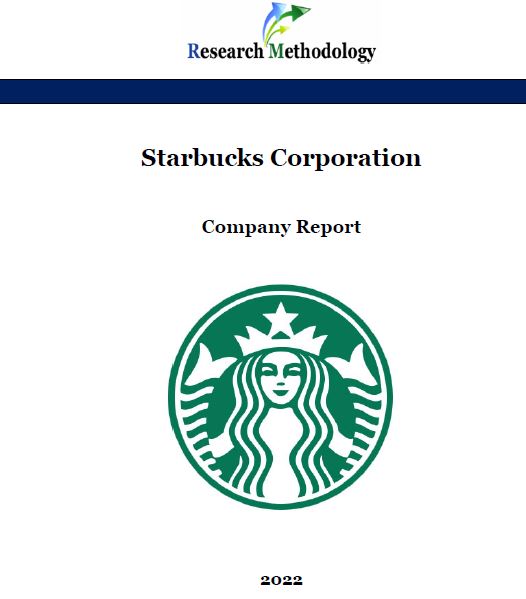Starbucks Corporation Report 2022
$19.75
Starbucks Corporation Report contains the application of the major analytical strategic frameworks in business studies such as SWOT, PESTEL, Porter’s Five Forces, Value Chain analysis, Ansoff Matrix and McKinsey 7S Model on Starbucks. Moreover, the report contains analyses of Starbucks business strategy, leadership and organizational structure and ecosystem. The report also analysis marketing strategy, ecosystem and discusses the issues of corporate social responsibility.
Description
Founded in 1985 by Howard Schultz, Starbucks Corporation (NASDAQ:SBUX) currently operates in more than 34,000 stores in 84 markets according to its mission statement “to inspire and nurture human spirit – one person, one cup and one neighbourhood at a time”. Starbucks Corporation brand portfolio consists of Teavana, Tazo, Seattle’s Best Coffee, Evolution Fresh, La Boulange and Ethos and it sells coffee, tea, other beverages, and a variety of food products.
There are two formats of Starbucks stores: company-operated and licensed stores. By the end of fiscal year of 2021, Starbucks had 17,133 (51%) company-operated stores and 16,700 (49%) licensed stores. As of October 2021, Starbucks had approximately 383,000 employees worldwide, including 245,000 employees in the US. The world’s largest coffeehouse chain refers to its employees as partners.
Starbucks results for fiscal 2021 demonstrate the overall strength and resilience of the brand. Consolidated revenues increased 24% to USD29.1 billion in fiscal 2021 compared to USD23.5 billion in fiscal 2020, primarily due to business recovery from the COVID-19 pandemic. Also contributing to the increase was USD576 million of incremental revenue attributable to the extra week in fiscal 2021.
Starbucks business strategy is associated with providing customers a Starbucks Experience, i.e. a ‘third place’ experience away from work and home, where people can have quality time with friends or alone enjoying quality coffee, beverages and fresh food. Currently, the company is following international business expansion strategy with a particular focus on China and Asia Pacific market segment.
Starbucks is an acknowledged leader in the industry in terms of exploiting information technology and technological developments. The company has adapted mobile apps for the promotion of its brand and sales of products earlier than the competition. Starbucks app offers multiple features such as store locator, nutrition-based information and rewards program. Moreover, ‘MyStarbucks Signature’ initiative allows customers “to develop their own signature drinks (hot or cold coffee), name the drink and share the new flavour with the community”.
At the same time, the global coffeehouse chain has certain weaknesses. These include overdependence on US market, overly expensive products and damage to the brand image due to a number of incidents in the past few years. Furthermore, Starbucks revenues largely depend on the price of Arabica coffee beans and its products and competitive advantage can be easily imitated by current and new competitors.
Starbucks Corporation Report contains the application of the major analytical strategic frameworks in business studies such as SWOT, PESTEL, Porter’s Five Forces, Value Chain analysis, Ansoff Matrix and McKinsey 7S Model on Starbucks. Moreover, the report contains analyses of Starbucks business strategy, leadership and organizational structure and ecosystem. The report also analysis marketing strategy, ecosystem and discusses the issues of corporate social responsibility.

